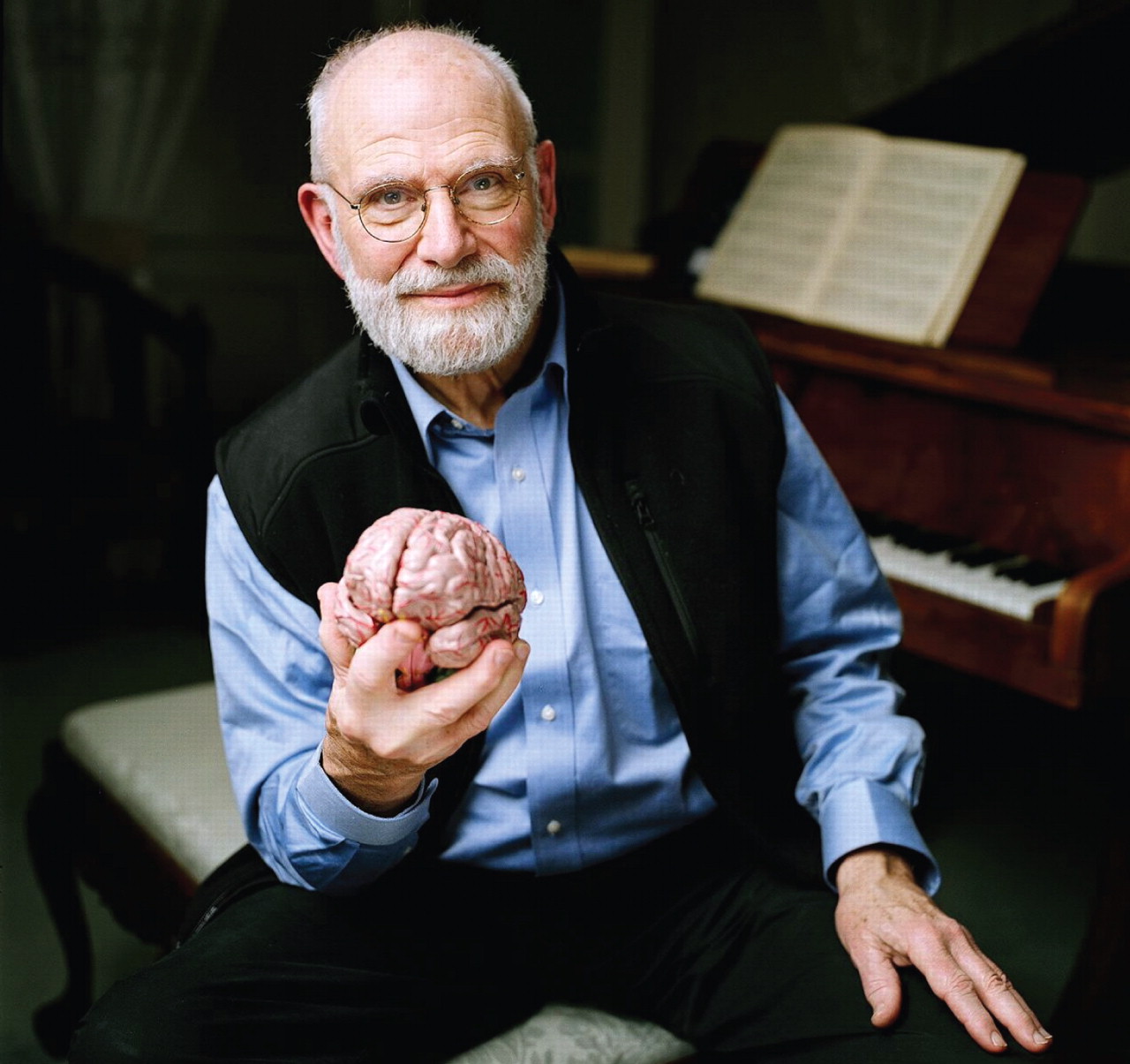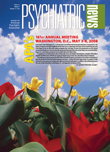Athesis offered at APA's 2007 annual meeting by the brilliant mathematician who has suffered for decades from schizophrenia, John Nash, is echoed in the works of another man who has long challenged the one-dimensional assumption that mental or neurological disorders are abnormalities that must be“ fixed” through treatment or lived with as a disability.
It's not that simple, according to best-selling author and neurologist Oliver Sacks, M.D.
“Defects, disorders, diseases,” writes Sacks in An Anthropologist on Mars, “can play a paradoxical role, by bringing out latent powers, developments, evolutions, forms of life, that might never be seen, or even be imaginable, in their absence.”
Sacks will discuss his work and insights at the Convocation of Fellows at APA's 2008 annual meeting on Monday, May 5, at 5: 30 p.m. in Hall D, Level 1, at the Washington Convention Center. He is presenting the William C. Menninger Memorial Lecture.
Sacks's most recent book, published last fall, is Musicophilia: Tales of Music and the Brain. A music lover himself, Sacks writes about the relationship of music and uncommon brain disorders and how that relationship is marked by power and mystery. He goes beyond the science of the brain as he unfolds the compelling tales of people with different neurological conditions for whom music is or has become a central part of their existence—sometimes to their detriment but most often in paradoxical, healing, or life-changing ways.
Sacks, who is probably best known for his books Awakenings, The Man Who Mistook His Wife for a Hat, and An Anthropologist on Mars, was born in 1933 in London into a family of physicians and scientists—including his mother, a surgeon, and his father, a general practitioner. He earned his medical degree at Oxford University and did residencies and fellowship work in the United States. Since 1965 he has lived in New York and practiced neurology. He is now a professor of clinical neurology and clinical psychiatry at Columbia University Medical Center and was named the university's first Columbia Artist.
A pivotal event in Sacks's career occurred in 1966. While consulting for a chronic-care hospital in the Bronx, Sacks encountered a group of patients who had spent decades frozen in a statue-like state. He recognized that these patients were survivors of a pandemic of “sleepy sickness” from 1916 to 1927. After treating them with a then-experimental drug, L-dopa, they came back to life. (They later developed tics and seizures as a result of the drug.) He wrote about this experience in his 1973 book Awakenings, later made into a play and movie.
Many of the books that Sacks wrote after Awakenings described his experiences with people who had a variety of neurologically based conditions, including Tourette's syndrome, autism, parkinsonism, musical hallucinations, epilepsy, phantom limb syndrome, schizophrenia, and Alzheimer's disease. He has been a subject of three of his books: as a doctor in Migraine, as a patient in A Leg to Stand On, and as a youth growing up in a family of gifted scientists in Uncle Tungsten: Memories of a Chemical Boyhood.
The best-selling author has won numerous awards, including a Guggenheim Fellowship for his writings on the neuroanthropology of Tourette's syndrome and the Lewis Thomas Prize by Rockefeller University, which recognizes the scientist as poet. The Institute for Music and Neurologic Function of Beth Abraham Family of Health Services has honored him twice: in 2000, with its Music Has Power Award, and in 2006, in commemoration of his 40th year at Beth Abraham and for his dedication to his patients. ▪

